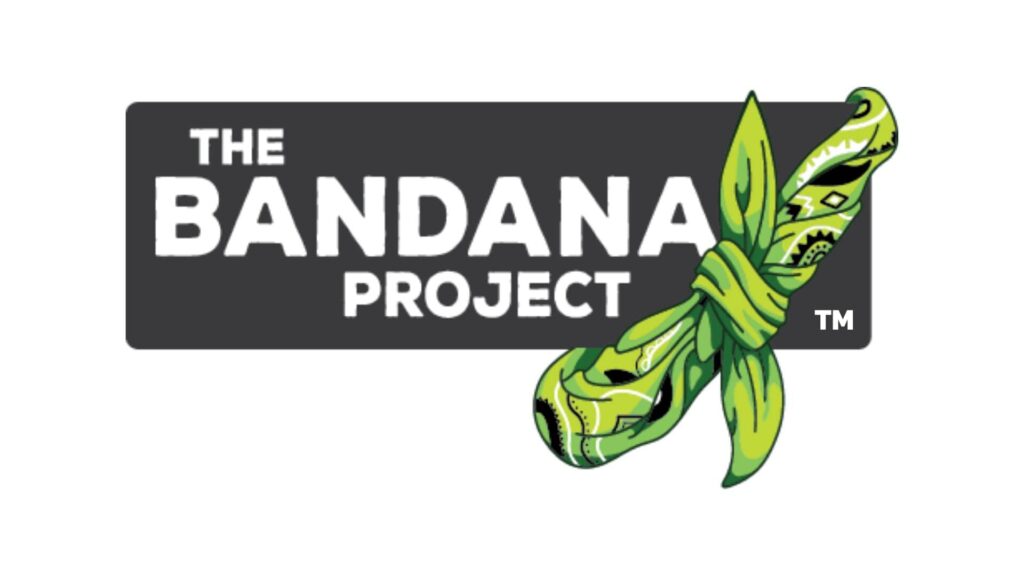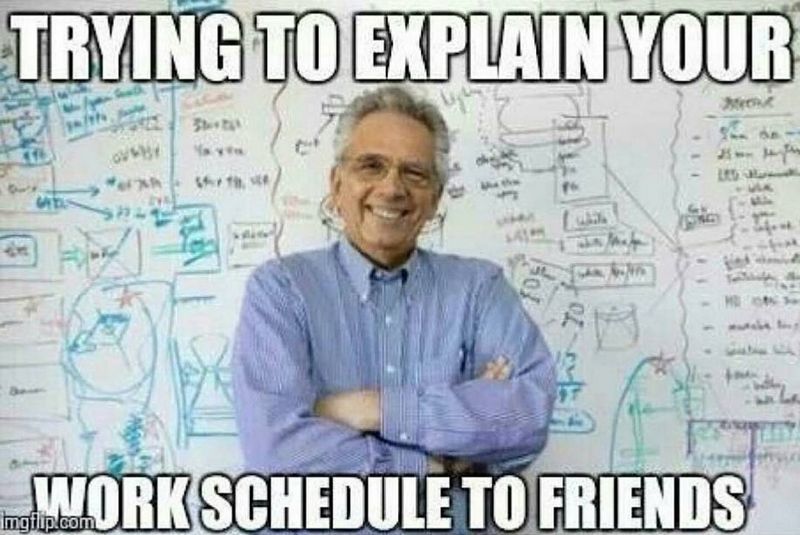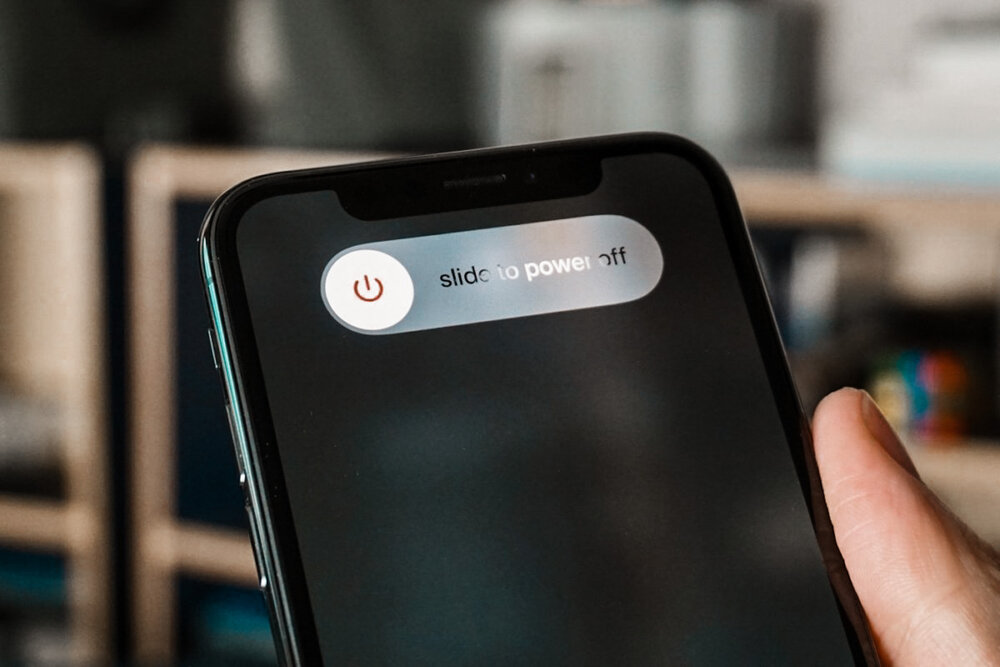
Every morning at 5:05 am, I stare at my reflection in the mirror when I wake up. It is sometimes a glance, but there is so much I see. Some days, I see someone ready to face whatever the day brings, excited to practice to push myself or learn a unique topic in class. On other days, I see someone who is sleep-deprived and stressed, too caught up on daunting tasks or future plans. These phases are ones that many face throughout their college years and beyond—the feelings of passion, drive, and eagerness, but also self-doubt, resentment, and fear. I, too, have recently felt many different emotions nearing the final stretch of my second semester as a sophomore, edging closer to being halfway through college and closer to the real world.
I recently had a conversation with a friend of mine who is nearing the last semester in college as a senior. She’s soon facing graduation and the start of her job working with a startup in a new city halfway across the country. Talking to her made me realize it is a frightening future to face the unknown, leaving behind what is known as a student to face all the world has to bring as a twenty-something adult, but also full of possibilities and excitement. She says it is a new path she’s ready and eager to begin. It is the mindset I admire and always strive to attain—the ability to seize the moment in a way that is most beneficial to my growth in all aspects of life.
Creating the best version of yourself comes with various methods and philosophies, each valid and helpful in its own way. Doing a quick search online would come up with an overwhelming amount of information, such as “read more,” “be more physically active,” or “practice kindness.” As someone who uses all of these techniques and sometimes fails, I know there is something crucial about setting your intentions and mindset, focusing on yourself, and your “why.” There will be voices providing information on the best way to attain your goals or aspirations, but the most important voice to listen to is yours.
I have slowly learned the necessity of being in tune with your body and emotions. There are long days where practice would be particularly strenuous on both my mind and body, and I would have a full day of three to four classes in a row. On these days, though it sometimes feels unproductive to take time for myself to decompress instead of checking tasks off my list, it would benefit me in the long run. The next day, I almost always feel more energized and eager to attack the day. Listening to my body’s needs has made me better at reevaluating and reflecting on my day and my emotions at the end of the day. If I’m feeling drained and irritated, I can acknowledge possible stressors and take small steps, such as a mindset shift, in tackling these obstacles.
Throughout it all, always remember to look at the bigger picture. Next time you are outside walking to class or around your peers in class, take a second to recognize how much gratitude and passion there is in all that you do. Knowing this will launch you into whatever life has in store for you next, ready to face setbacks and successes with the best version of yourself you have in the moment.

By Lecia Sun
Lecia is a student at Tufts University studying Classics and World Literature. When she is not reading, she can be found attempting the New York Times Games, trying out a new creative hobby, and dreaming about her next great bake.
For over 20 years, the Campus Clipper has been offering awesome student discounts in NYC, from the East Side to Greenwich Village. Along with inspiration, the company offers students a special coupon booklet and the Official Student Guide, which encourages them to discover new places in the city and save money on food, clothing, and services.
At the Campus Clipper, not only do we help our interns learn new skills, make money, and create wonderful e-books, we give them a platform to teach others. Check our website for more student savings and watch our YouTube video showing off some of New York City’s finest students during the Welcome Week of 2015.


















